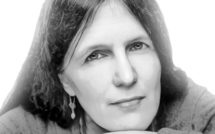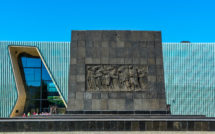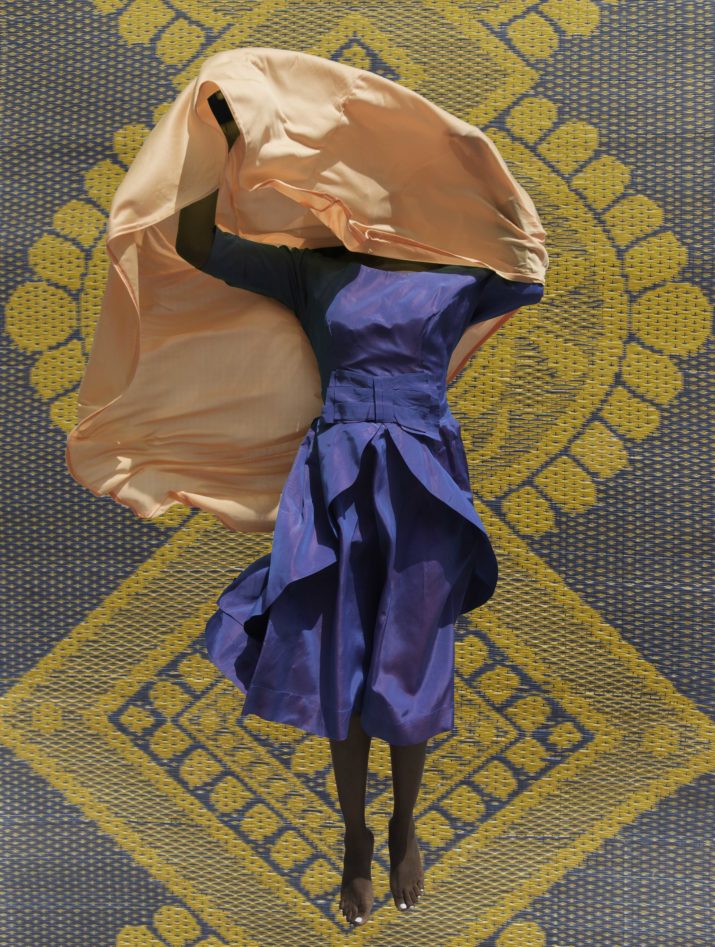
Inspired by Muslim women in Lagos, Medina Dugger’s “Enshroud” reveals images created via digital collage featuring the veil primarily in an abstract sense, observing its forms, patterns, colors and its contribution to identity, self-expression and style. Nigeria is comprised of a roughly half Muslim and half Christian population, rendering the hijab a very visible symbol of faith, custom and style in Lagos. Representations of the veil today are incomplete without noting its position as a politically charged symbol. The series also reflects on perceptions and realities surrounding the women who wear veils -garments which have a long and complex history that predates Islam. In ancient times, veils indicated a woman’s social status. Today, the hijab is often reduced to a vilified symbol, rendering it a pawn in the nationalistic culture of fear. Women in hijab risk stereotyping, social exclusion, judgement and abuse. Many associate the veil with extremism and female suppression. These realities exist, but do not represent the complete story. Many women who wear hijab feel it is a matter of choice and choose to do so to preserve their modesty, privacy and out of respect for their culture, religion and tradition. In the West, the veil has also come to symbolize a position against islamophobia. Nike recently released the Nike Pro Hijab for female Muslim athletes and Kenyan-American model Halima Aden is the first model to appear in hijab on the cover of British Vogue.
Veiling in Nigeria is influenced by cultural style practices and reflects an affinity for bold colors, textures and patterns. With burqa bans and countries banning veils and head coverings in schools, what the world sees as ‘socially acceptable’ in regards to religious and personal expression is yet to be defined. In ‘Enshroud’, women dance, twirl and jump, their bold brilliant veils assuming colorful, abstract shapes as met in Lagos. The styles speak to the uniqueness of fashion in Nigeria – presenting a counterexample to the globalization of fashion and trends today. The women take on a carefree weightlessness, free from the politically charged anvil of judgement and politicization.
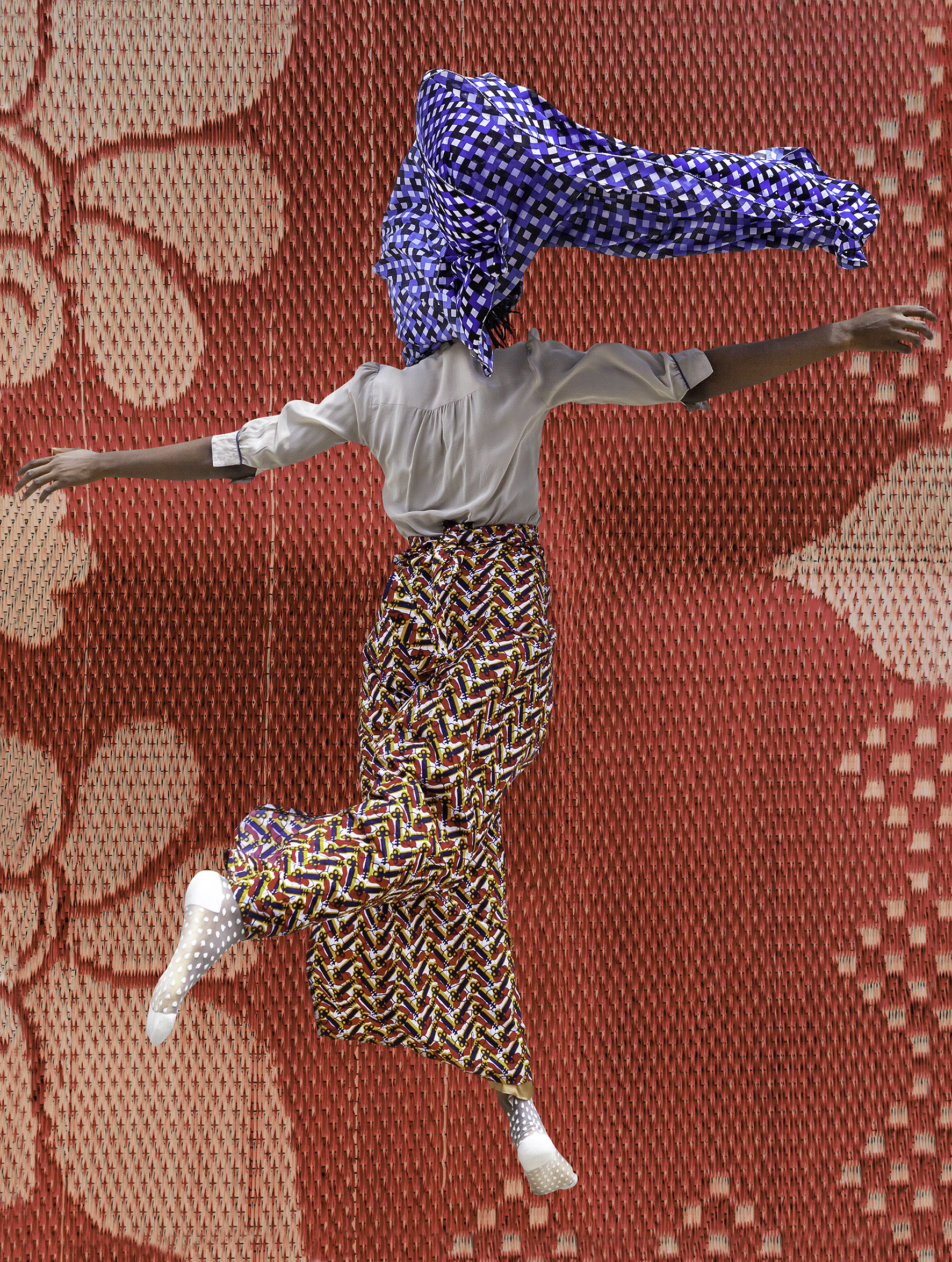
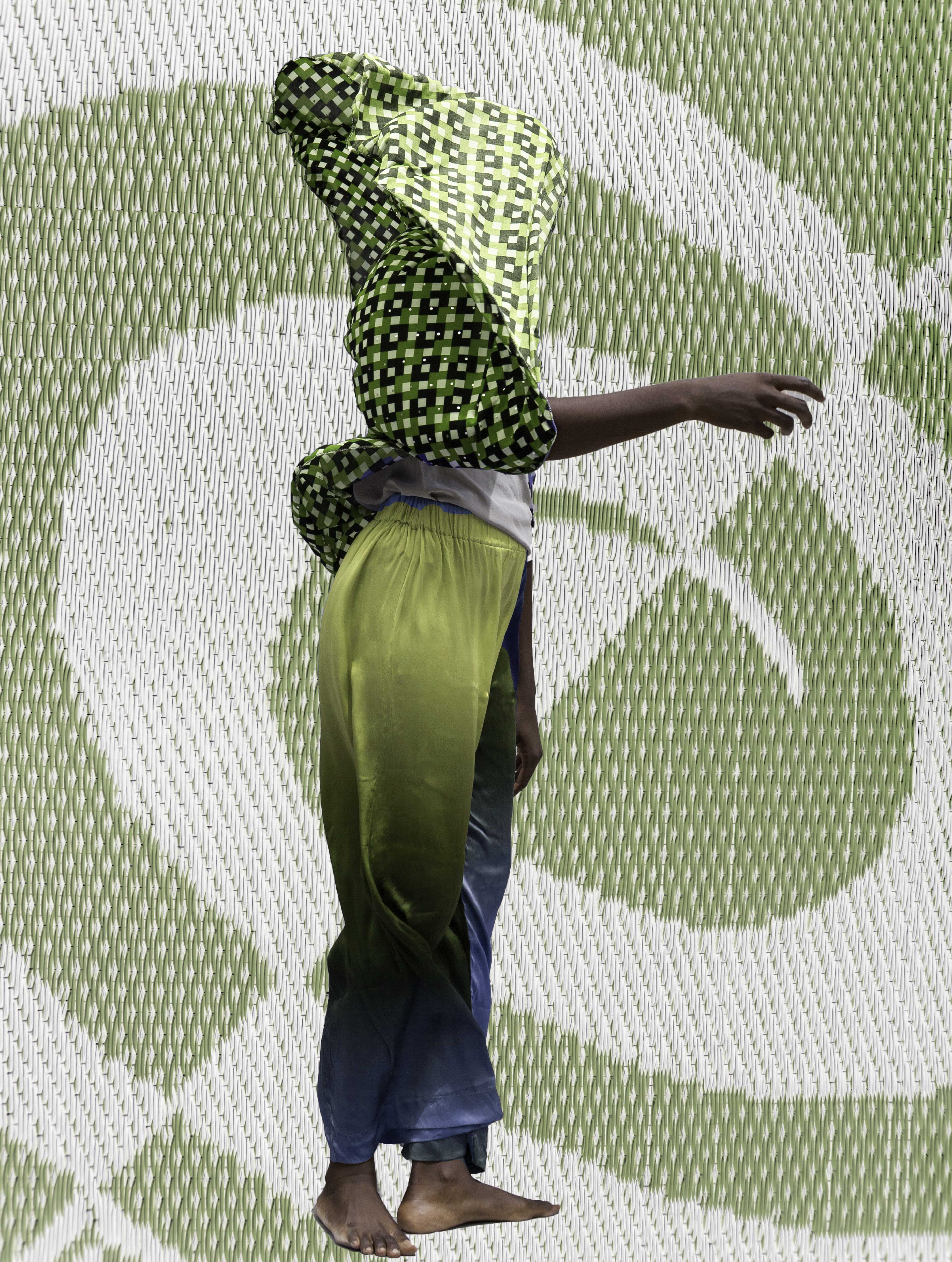
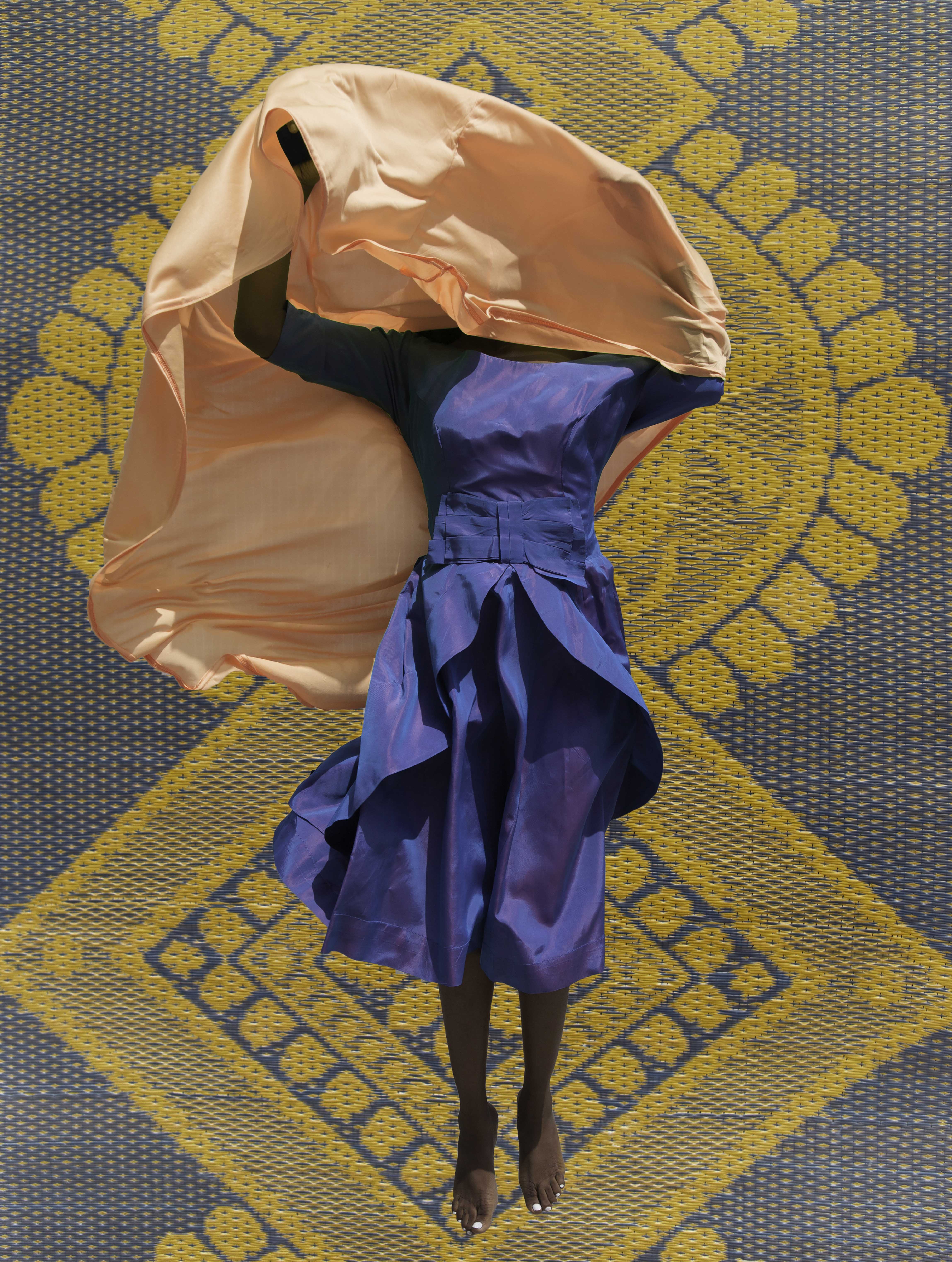
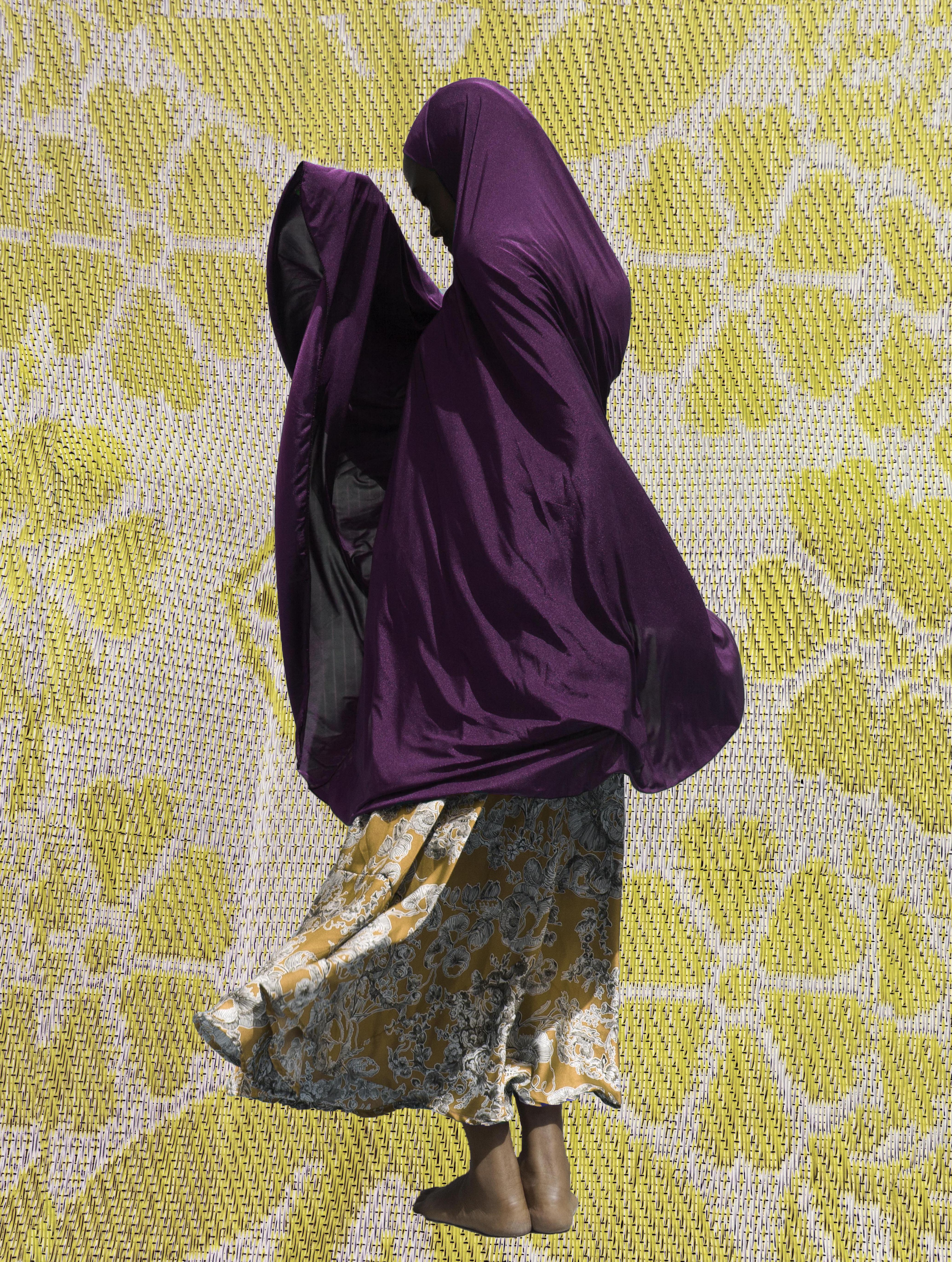
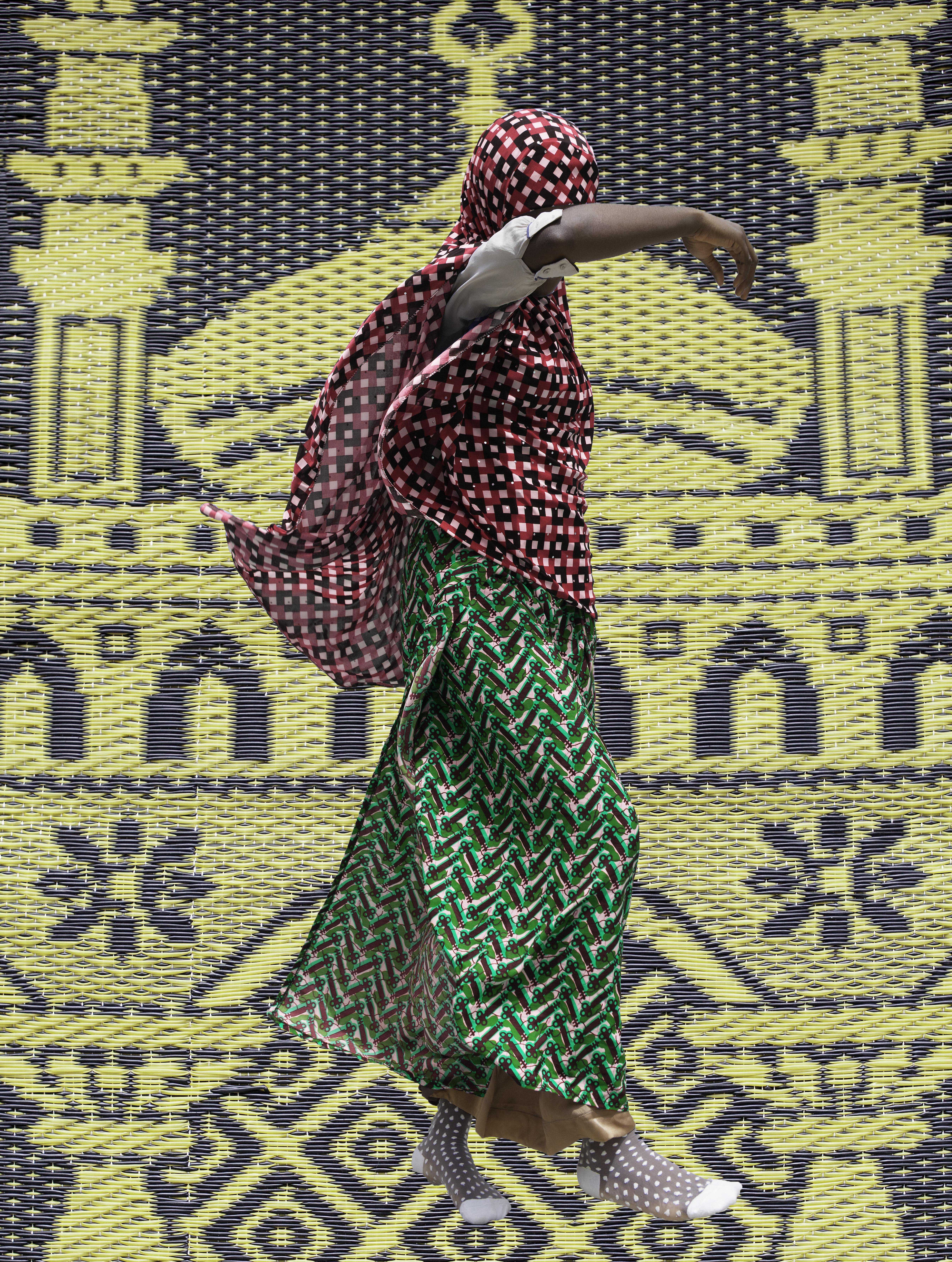
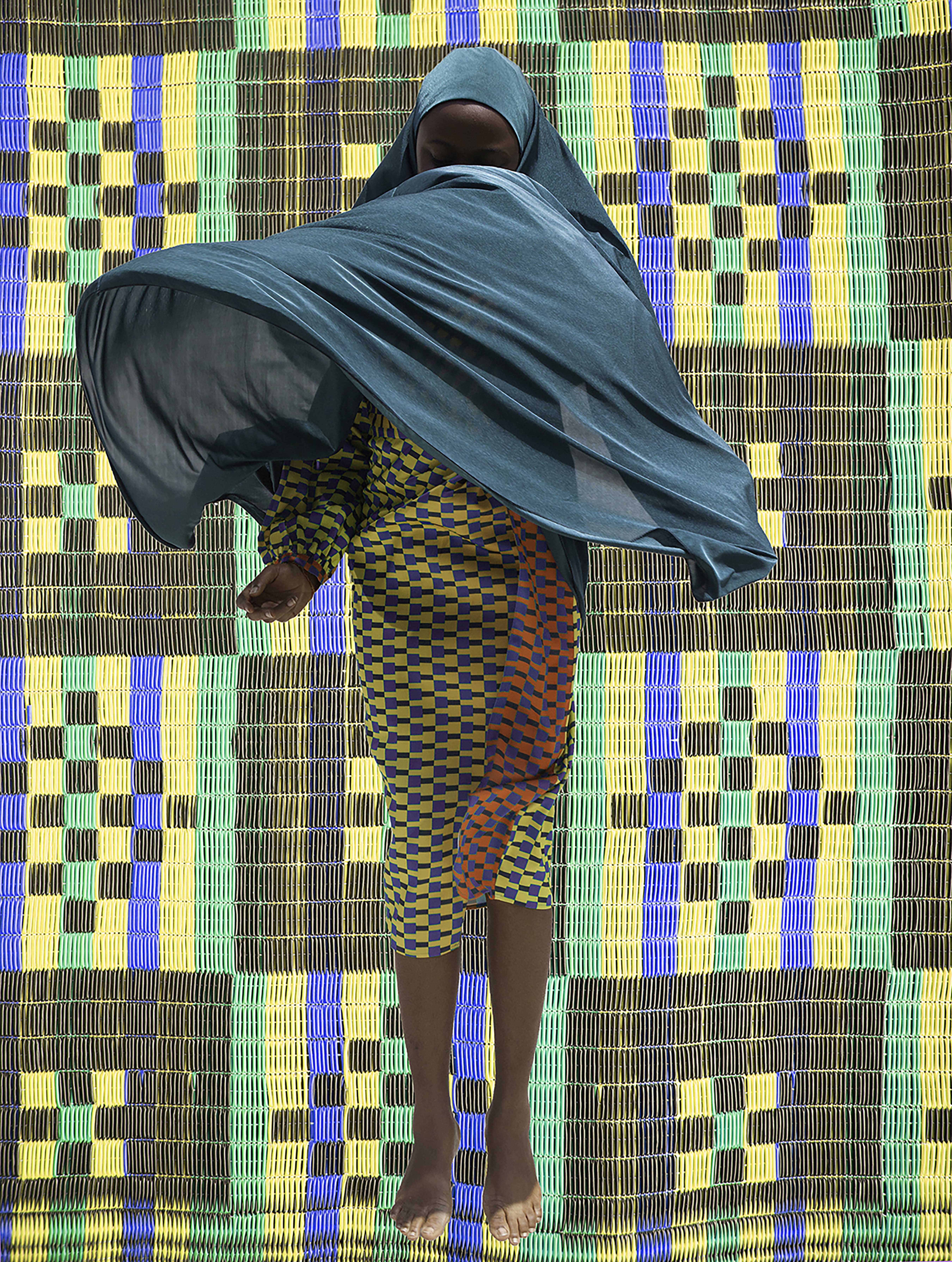
Medina Dugger (b. Corpus Christi, Texas) is an artist from California, based in Lagos, Nigeria since 2011. She studied at Spéos Photographic Institute in Paris, France. Following four years as a project coordinator/co-curator for the African Artists’ Foundation and LagosPhoto Festival, Medina turned her full attention to photography. Through collage, video and photography, her work seeks to bypass the singular storylines common to Nigeria and Africa, instead focusing on themes both contemporary and timeless including acculturation, ethnocentrism, cultural homogenization, globalization, identity, tradition, modernity, imagination, the female form and style. Her work challenges Western preconceptions on race, color and perceptions of “otherness”.
Her photographic work has been featured in Vogue, Smithsonian Magazine, Something We Africans Got, CNN Africa, De Volkskrant, Dazed, Refinery 29, Design Indaba, Marie Claire SA, Konbini, Infringe, Heaps Magazine, De Standaard, and Ours Magazine, among others.
Published on January 16, 2020.

